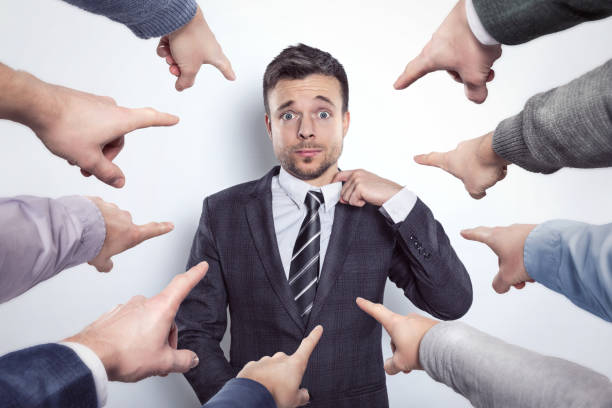Peer Pressure Services at UMEED
Peer pressure is a potent force that can significantly impact adults and teenagers alike. Our team of skilled psychologists and psychiatrists at UMEED is aware of the subtleties of peer pressure and its significant effects on mental health and overall well-being. Our committed services are designed to assist people in identifying, comprehending, and coping with peer pressure in various contexts.
Services provided by UMEED
At UMEED, we offer a wide range of services to deal with the problems that peer pressure presents. Our group of knowledgeable psychiatrists and psychologists provides the following:
Individual counselling
Sessions specifically designed to address difficulties related to peer pressure.
Group therapy
Facilitated groups where people can exchange strategies and experiences are known as group therapy.
Workshops and seminars
Instructional initiatives to increase consciousness and develop coping mechanisms for peer pressure.
UMEED focuses on these areas to enable people to have fulfilling lives and resist the negative impacts of peer pressure. Peer pressure can exacerbate the challenges faced by individuals with learning difficulties. The desire to fit in or meet societal expectations may intensify feelings of inadequacy or anxiety. At UMEED, we understand the impact of peer pressure on individuals with learning difficulties. Our programs not only address academic needs but also equip individuals with strategies to navigate social situations and build confidence. By providing tailored support, we empower individuals to resist negative influences and thrive academically and socially despite peer pressure.
Understanding Peer Pressure
What is Peer Pressure?
Peer pressure occurs when people persuade others to adopt particular attitudes, values, or behaviours to fit in. People of all ages may be subject to peer pressure, which can take many different forms, including overt persuasion or subliminal social cues.
Examples of Peer Pressure
Students: Due to peer pressure, a high school student may feel compelled to experiment with drugs or alcohol.
Adults: To maintain the lifestyles of their peers, adults may feel pressured to spend more than they can afford.

Types of Peer Pressure
Positive Peer Pressure: Positive peer pressure promotes actions that result in self-improvement and wise decisions.
Negative Peer Pressure: Coercing someone into dangerous or destructive actions is called negative peer pressure.
Causes and Effects of Peer Pressure
What causes peer Pressure?
Peer pressure results from several variables, such as the urge to fit in with the group, social comparison, fear of rejection, and the desire for approval.
Effects of Peer Pressure
- Emotional Stress:Depression, anxiety, and low self-worth.
- Behavioural Changes:Substance misuse, risk-taking, and difficulties in the classroom.
- Social Impact:Tense bonds with friends and relatives.

Negative Peer Pressure
Recognizing and rejecting negative peer pressure can be easier if you know its various forms. Typical negative peer pressures consist of:
- Encouragement to consume drink or drugs
- Coercion to partake in hazardous or unlawful actions
- encouraging the exclusion of others or engaging in bullying
- Coercion into unwholesome partnerships
- Pressure to evade obligations, such as missing work or school
How to Deal with Peer Pressure
At UMEED, we provide all-encompassing assistance to enable you to navigate peer pressure successfully. Among our offerings are:
- Individual therapy to increase resilience and self-worth
- Using group therapy to exchange tactics and experiences
- workshops focusing on decision-making and assertiveness
- Family therapy to create supportive situations
- Our kind staff is here to support you as you navigate the difficulties.
Contact Us
Contact us right now to arrange a consultation or for further information. Working together can create a welcoming atmosphere where wise decisions are made.
